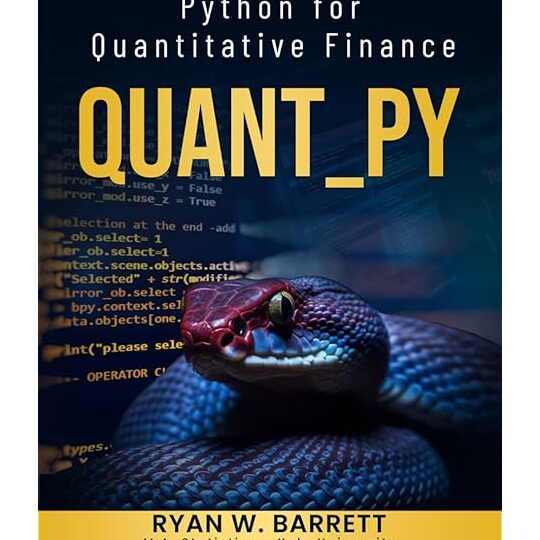In a postgraduate qualification in quantitative finance you’ll have to get your head around a lot more than just getting a grip of how to pronounce it! Tongue twisters aside, some of the top jobs in finance require exceptional knowledge and ability to work with very complicated financial models, statistics and mathematical problems. Pension funds, insurance companies, professional services firms, consultancies and banks are always on the look out to snap up high level students who hold the key with these skills.
A quantitative finance postgraduate course may well be one way to get noticed and boost your employability.
What will I study on a quantitative finance postgraduate course?
Most postgraduate courses will give you the option to shape your specialism with elective modules alongside the core modules.
- Financial markets
- Derivatives pricing and Financial modelling
- Statistical methods
- Financial engineering
- Programming
- Economics
- Stochastic processes
- Forecasting
- Data mining.
You could take quantitative finance at this level in combination with mathematics or with a particular focus on risk management. The course will usually take one year to complete on a full-time basis, but postgraduate study can be quite flexible and allow you to take it on on a part-time or distance learning basis.
Entry requirements
You’ll need to have an undergraduate degree in a related subject to be eligible for a quantitative finance course. Obvious options like finance, mathematics and statistics and economics hit the nail on the head, but graduates from courses like engineering, physics and other subjects will also be quite suitable. It’s just important that you’ve covered some quantitative areas during your degree.
Where could a quantitative finance qualification take me?
You’ll be in a very competitive position for banking and finance roles with the technical and analytical skills a quantitative finance master’s will arm you with. It may also help to speed up your career progression and give your salary a boost!
A postgraduate qualification in quantitative finance could also prove to be a big advantage to you if you go on to study for a professional qualification or two during your career, for example the CFA.
Typical industries for quantitative finance postgraduates
If you’ve got the ability to achieve a master’s in this subject, you could find yourself a high flier in:
- Quantitative analysis (not surprising…)
- Risk management
- Technology
- Investment banking
- Actuarial (e.g. in pensions or insurance)
- Asset Management

For years I have studied American finance regulations. All the information in this blog is sourced from official or contrasted sources from reliable sites.
Salesforce Certified SALES & SERVICE Cloud Consultant in February 2020, Salesforce Certified Administrator (ADM-201), and Master degree in “Business Analytics & Big Data Strategy” with more than 13 years of experience in IT consulting.
